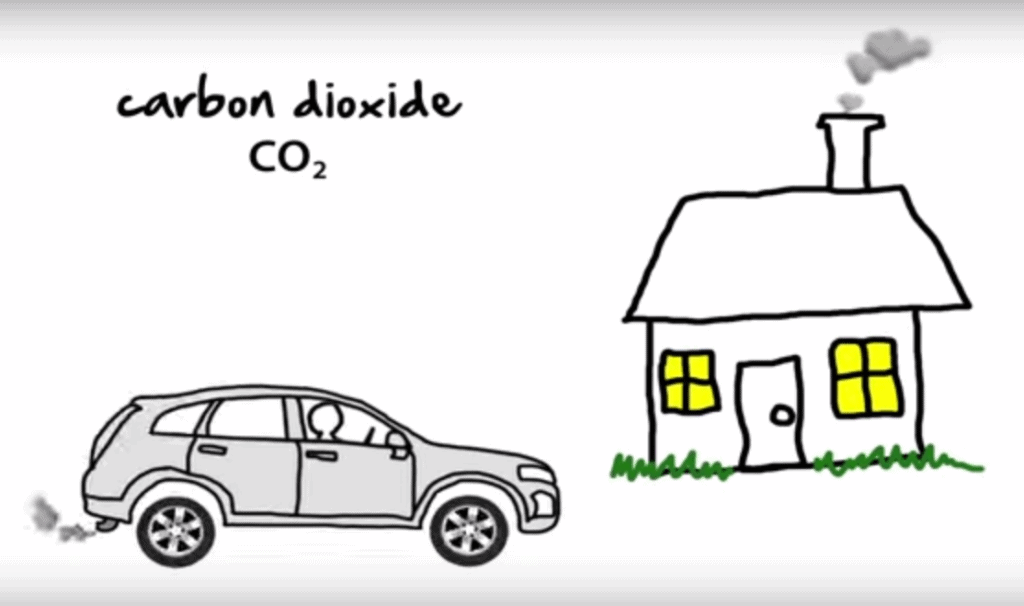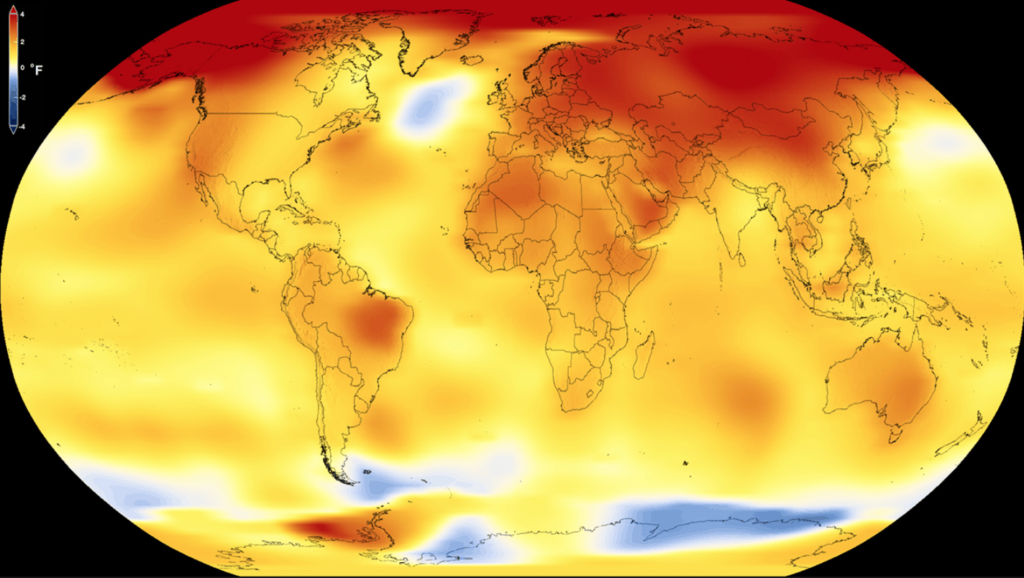While we are all worried about how Covid-19 is impacting on the economy, as the UK is officially in a recession as of 12th August 2020, unless the Paris Agreement is upheld, then climate change is thought to shrink economies of both rich and poor countries by 2100, according to a report from the University of Cambridge.

Average global temperatures are estimated to rise over four degrees Celsius by the end of the century if we do nothing to tackle climate change. This would mean the US could lose up to 10.5% of its GDP by 2100. It’s also estimated Canada would lose up to 13% of its GDP by the same date period.
Overall it’s estimated that an incredible 7% of global GDP will simply disappear by 2100 in a “possible case” scenario, unless change occurs and action is taken. Cold weather, floods, heat waves, storms are all going to have a financial impact on a country.

“Without mitigation and adaptation policies, many countries are likely to experience sustained temperature increases relative to historical norms and suffer major income losses as a result. This holds for both rich and poor countries as well as hot and cold regions.” – Dr Kamiar Mohaddes, a co-author of the study from Cambridge’s Faculty of Economics.
Canada is warming up twice as fast as the rest of the world, which is particularly concerning. The UK recently had one of it’s hottest days ever, where rails buckled and roads melted. All these indicators are indicative of climate change. Apart from extremes of weather there are also other signs of climate change:
Signs of Climate Change:
Artic sea ice is reducing – Some research suggests the artic could lose all of it’s summer ice by 2100.
Sea levels are rising – and have been for the last 100 years. Many million of people will be directly effected by rising sea levels in the coming decades.
Sea surface temperature is increasing – As the temperature of the sea increases, more and more heat is released into the atmosphere, which can increase the chances of tropical cyclones and hurricanes.
Snow is decreasing – Satellite imagery shows that snow in the northern hemisphere is reducing. Snow is important as it helps regulate the amount of the suns rays the earth absorbs.
Time to Slow Down?
Vehicles have long been a cause of pollution, a key factor in climate change. In September 2020 Highways England are testing a 60mph speed limit on some stretches of motorway in a bid to tackle pollution and fight climate change. Moving forwards, this maybe more of a common thing if it’s proven to lower pollution.
Now is the time to take action on Climate Change.








